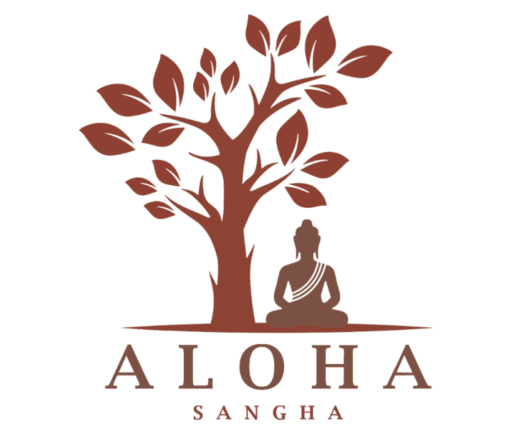suffering is natural
As a species we seem to have solidified a very real revulsion for the inevitable, as well as toward the smaller slights along the way. We hide death and suffering like some grand failing; we distract ourselves into oblivion as if to avoid taking our predicament seriously.
Another of my early teachers, Sharon Salzberg, tells the story about a friend of hers who had to explain to her four-year-old son that the woman who had been providing child care for him since he was born was going to move away.
Sharon’s friend took the matter step by step, assuring her son that his caregiver loved him, and that they could talk on the phone after she moved to live with her family.
The little boy listened carefully, then said to his mother, “Mommy, tell me that story again but with a different ending.”
For sure, there are times we wish we could change the endings to our life stories. Serious illnesses, car accidents, betrayals, eviction notices, layoffs, blowing up at a loved one when we are tired and grumpy.
We can do more of the same, tense up, space out, or regress, or we can turn toward these universal life experiences as a source of spiritual power and vitality.
The Buddha claims that really knowing dukkha thoroughly with the introspective tools of progressive meditative calm and insight, gives our life unshakable peace and fullness.
This can sound counter-intuitive, even masochistic. But trauma therapists know very well the only way past the hurt and pain of trauma is through it, but skillfully, with care.
Any attempts to make an end run around suffering just creates more suffering. There is actually a term for this — spiritual bypassing.
In her talk, Sharon observes, tantalizingly, about the teachings around dukkha:
“When we look deeper into this teaching, we begin to unfold its integrity. For in any experience, even a painful one, we can find the end of suffering right in the heart of the moment.”
The shit hits the fan eventually for all of us. What do we do when “changing the end of the story” is not an option? This is where we can really see the “integrity” of this teaching unfold.
We prep ourselves through daily contemplations of the obvious—we see how everything is always changing, changing, and how holding on only brings short-lived results.
In our daily mindfulness practice we learn to embrace discomfort in little ways. We learn to be with pain, physical or emotional, but not be defined by it.
The gradual alchemy of mindfulness turns the straw of raw emotions into the gold of liberating insight and freedom. Let’s let Sharon Salzberg describe this alchemy of the heart:
We look at the suffering and discover the immense capacity of our hearts to include all aspects of life in our awareness. When we experience this immensity of heart, we recognize that it is not actually the pain itself, but the loneliness of feeling alone in the pain that is unnatural and cruel.
Really seeing and feeling how discomfort and discontent sway our lives changes our lives.
We do this not to wallow in or exaggerate our suffering, but rather to be more open to the truth of how things are for us, and for all beings.







